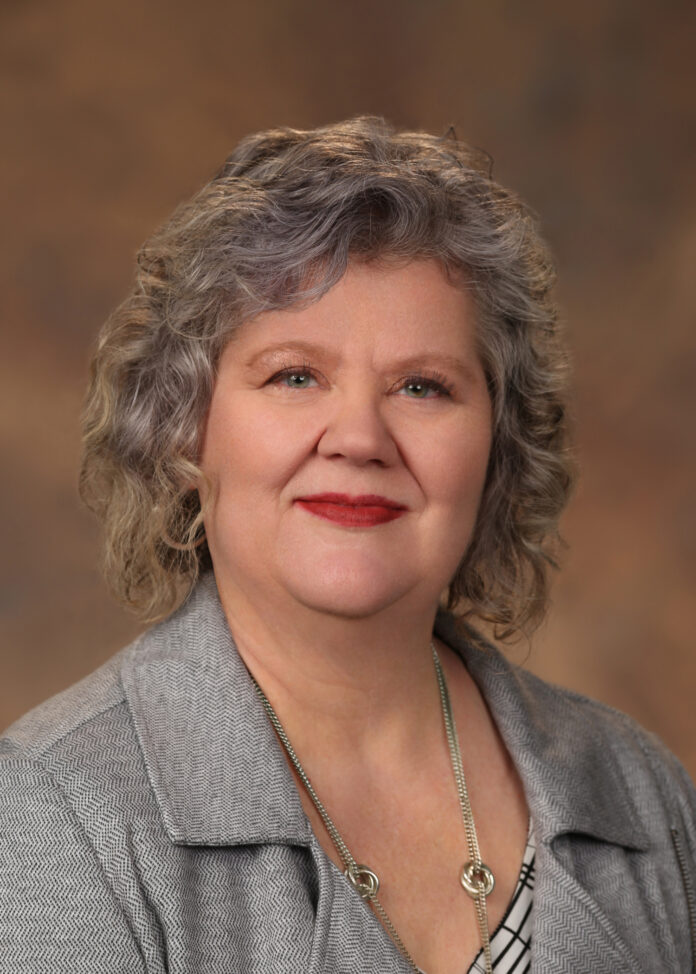
Sometimes I really struggle when it comes to finding something new to talk about in this column each week. But for at least one week in February, I don’t have that concern at all. That is because February is heart month. I’ve done so many different things in nursing, and there are things I love about every role I have ever done, but the thing I always identify myself as most is as a heart nurse. Hearts are just fascinating to me. The mechanics, the electrical systems, the way hearts can literally remodel themselves to be more efficient with a little help from devices like pacemakers and other mechanical assistance. I just love that stuff.
The thing though is when someone like me, a heart nurse, gets involved with a patient, it is because there is already damage to the heart muscle. In the late 90’s into the early 2000’s, I worked as a sales representative for a medical device company that specialized in mechanical support of very damaged hearts. With that job, there were days I used to feel a bit like a vulture. I was literally waiting for someone to have a bad event with their heart so the physician could use my device. I loved that the device I was promoting could and did save lives, but it still made me sad that people needed that device to begin with. I used to think, and often still do, that I would be happily unemployed if people never were sick enough to need my skills.
Heart Month is about several things. It’s about supporting those with heart disease so they can continue to live with the damage that has been done to their hearts with lifestyle changes, medications, and regular visits to their primary care provider and cardiologist. But mostly, heart month is about prevention.
The American Heart Association’s theme for Heart Month 2022 is “Reclaim your Rhythm”. One thing we have all seen over the last two years is an increase in negative heart events. Some are related to COVID and post-COVID syndromes, some are related to people not seeking care early because they either don’t want to go to the hospital or doctor’s office for fear of getting COVID, or because they don’t want to take a bed away from a COVID patient. The people that the American Heart Association is most worried about right now are the people we haven’t seen in the hospital yet because the damage hasn’t gotten to the point where they are symptomatic. Those people are the ones that are paying less attention to prevention because of the restrictions the pandemic has placed on us and the stress that this pandemic has caused. Those are the people they are targeting with “Reclaim your Rhythm”. “Reclaim your Rhythm” means we might need to do things differently, but we need to reclaim control of our health despite the pandemic and do the things that prevent heart disease: maintaining a healthy diet, exercise, and stopping tobacco use along with controlling weight, blood sugar and blood pressure.
This to me is one of those things where we know the right things to do, but doing them, especially now is hard. So, say your exercise routine before included a gym membership, but COVID restrictions have made that difficult because of gym closures and restrictions, or you just aren’t comfortable going to the gym any longer. Consider how you can up your movements outside the gym. Consider things like, parking farther away from entrances in parking lots, taking stairs whenever possible, or walking outside instead of on a treadmill. If you are a stress eater, make sure you keep healthy snacks easily accessible, and remove the unhealthy ones from your area. For instance, I used to keep chocolate on my desk as a treat for others. But over the last couple years, I found that I was eating more of the chocolate than my guests were, so now I don’t keep chocolate on my desk. Honestly, I really don’t miss it, I think I was eating it mindlessly. Stopping smoking is challenging at any point, but even more so when stress levels are high, so add stress management plans to your stop smoking plans. Finally speak to your primary health care provider, they can help you find ways to “Reclaim your Rhythm” and prevent heart disease as well.
In closing, I want to remind everyone if they are experiencing symptoms of a heart attack: discomfort in the chest region, pressure or tightness in the chest, pain or discomfort in the arm, back, or neck region, usually on the left side, excessive sweating (cold sweats), shortness of breath, nausea, vomiting, and/or dizziness, please call 911. Do not get in a car and go to your doctor or the emergency room. Odessa Fire Rescue can start many of the needed tests and treatments to determine if you are having a heart attack and limit its damage before you even arrive at the hospital, plus it is safer for you and everyone else on the road if they do the driving. With heart attacks, time is crucial. The faster treatments are started, the faster we stop the damage and limit the long-term effects of heart attacks. By calling 911, you give yourself or your loved one a big head start.



